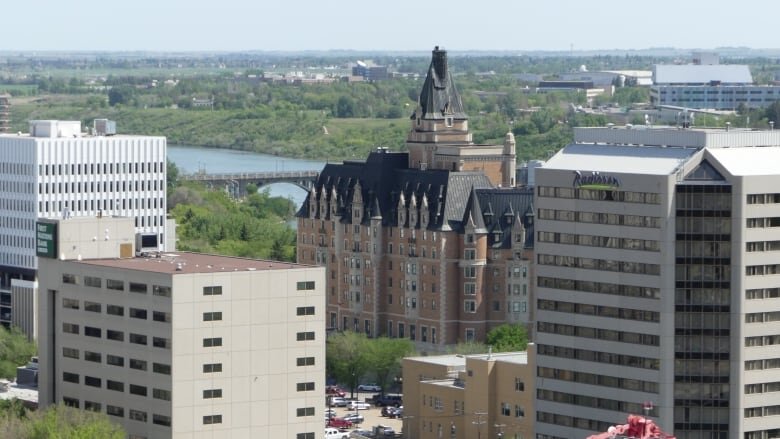Wastewater study shows COVID trending down in Saskatoon, increasing in Prince Albert and North Battleford
Analysis of Saskatoon's wastewater reveals the city has likely passed the peak of the pandemic's fifth wave which saw the highly transmissible Omicron variant infect thousands of people each week and push COVID-19 hospitalizations to record-breaking highs across the province. "The concentrations of virus are still greater than they ever were during the fourth wave. After bouncing around a bit, they are trending downward," said John Giesy, a University of Saskatchewan professor and principal investigator for Global Water Futures.












